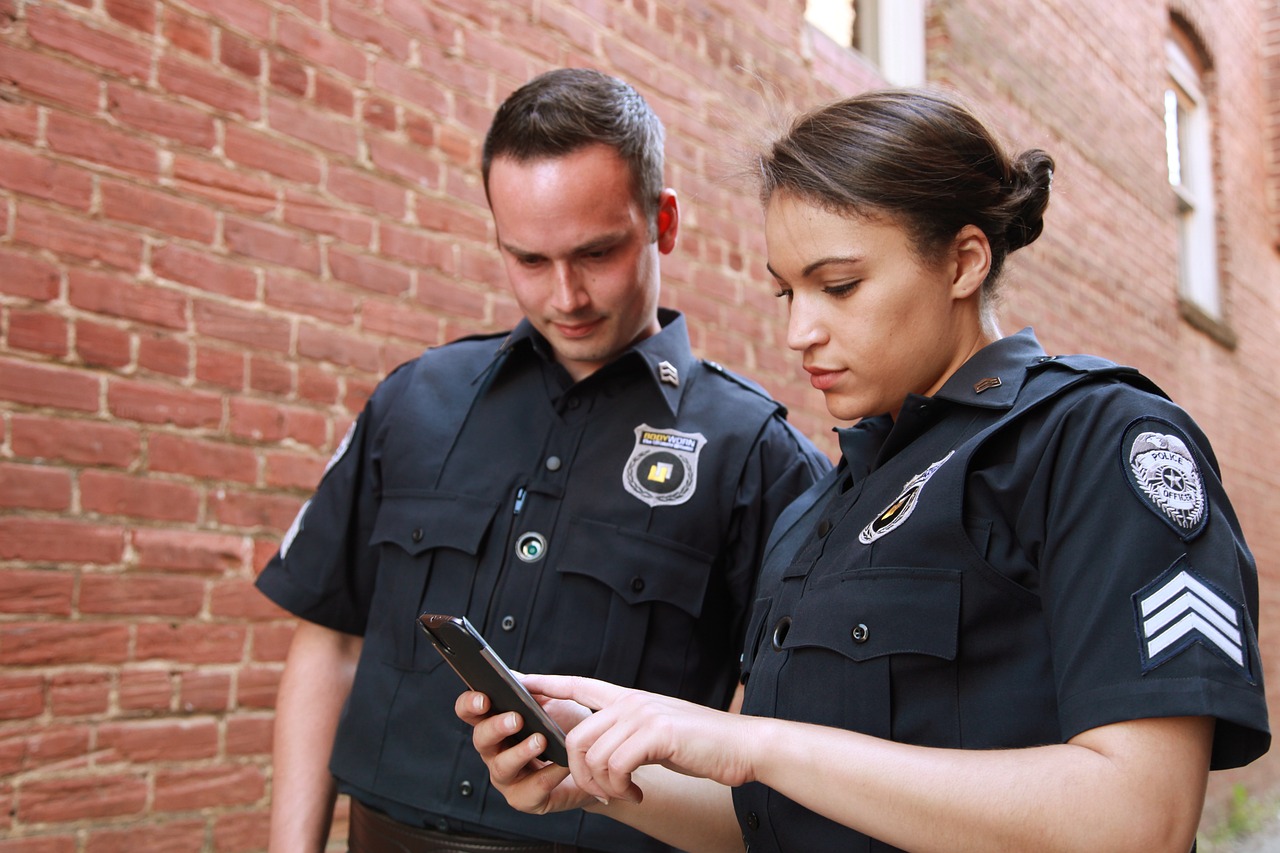Self Defense

About Course
Lesson – Self Defense
Lesson Outline:
This course provides private security officers with a comprehensive understanding of self-defense principles and techniques to effectively protect themselves and others in various situations. Through an exploration of physical and psychological aspects of self-defense, students will learn how to assess threats, de-escalate conflicts, and respond with appropriate force when necessary. By examining legal and ethical considerations, as well as practical applications through scenario-based training, this course equips security professionals with the knowledge and skills to confidently handle potentially dangerous encounters while minimizing risk to themselves and others.
Lesson Duration: 42 hours (can be adjusted based on your preference)
Lesson Structure:
I. Introduction to Self-Defense
- Overview of self-defense as a fundamental right and legal concept
- Understanding the importance of self-defense training for security professionals
- Psychological and physiological aspects of self-defense
II. Threat Assessment and Situational Awareness
- Techniques for assessing threats and evaluating risk factors
- Developing situational awareness and recognizing danger cues
- Understanding the “use of force continuum” in self-defense situations
III. Verbal De-Escalation Techniques
- Strategies for defusing confrontations through effective communication
- Active listening skills and empathetic responses
- De-escalation scripts and tactics for diffusing tense situations
IV. Physical Self-Defense Techniques
- Basic strikes, blocks, and defensive maneuvers
- Techniques for escaping grabs, holds, and chokes
- Practical self-defense drills and simulations
V. Ground Defense and Escapes
- Defense strategies for ground-based confrontations
- Escaping from pins, mounts, and submissions
- Ground defense drills and scenario training
VI. Weapons Defense
- Principles of defending against armed attackers
- Techniques for disarming and controlling weapons
- Legal considerations and risks associated with weapons defense
VII. Use of Force Laws and Legal Justification
- Understanding self-defense laws and legal standards
- Determining when the use of force is justified
- Reporting and documenting use of force incidents
VIII. Ethical Considerations in Self-Defense
- Balancing self-defense with ethical responsibilities to protect others
- Avoiding excessive force and unnecessary harm
- Professional conduct and accountability in self-defense situations
IX. Psychological Resilience and Stress Management
- Coping strategies for managing stress and fear in high-pressure situations
- Building mental resilience and maintaining focus under duress
- Post-incident debriefing and self-care practices
X. Scenario-Based Training
- Role-playing exercises to simulate real-world self-defense scenarios
- Applying self-defense techniques and principles in practical situations
- Feedback and debriefing sessions to enhance learning and skill development
XI. Cultural Competency and Sensitivity
- Recognizing cultural differences and norms in conflict resolution
- Adapting self-defense strategies to diverse populations
- Building trust and rapport with culturally diverse communities
XII. Continuing Education and Skill Development
- Resources for ongoing self-defense training and certification
- Opportunities for advanced training in specialized techniques
- Commitment to lifelong learning and professional growth
Lesson Delivery:
1. Pre-recorded Video Lecture: An engaging and informative video lecture will cover the core topics of this lesson. This video can be accessed by participants at their convenience throughout the lesson duration.
2. Reading Materials: Supplementary reading materials, articles, and scholarly papers will be provided to deepen participants’ understanding of the subject matter.
3. Assignments and Discussions: Daily assignments and discussion forums will encourage participants to reflect on the lesson content, engage in critical thinking, and share their perspectives with fellow learners.
4. Live Q&A Sessions: Scheduled live Q&A sessions with the lesson instructor will provide an opportunity for participants to ask questions, seek clarification, and engage in real-time discussions.
5. Lesson Completion Certificate: Participants who complete the lesson requirements will receive a certificate of completion, acknowledging their knowledge and understanding of the topic.
An Affordable Way To Get Your Education Today!
New Century Security Services is delighted to offer one of our most popular and transformative courses to you at an easily affordable rate! Our comprehensive training program is designed to equip you with the knowledge, skills, and confidence needed to excel in the field of private security. Whether you’re looking to advance your career, enhance your professional credentials, or ensure the safety of your clients and community, our course has everything you need to succeed.
With expert instruction, hands-on training, and cutting-edge curriculum, our course goes beyond the basics to provide you with practical insights and real-world experience. You’ll learn from industry leaders and gain valuable insights into the latest trends, technologies, and best practices in private security.
Plus, with our flexible scheduling options and online learning platform, you can complete the course at your own pace, on your own time. Whether you’re a seasoned security professional or just starting out in the industry, our course is tailored to meet your needs and help you achieve your goals.
Don’t miss out on this opportunity to take your career to the next level with New Century Security Services. Enroll today and unlock your potential in the dynamic and rewarding field of private security!
Note: The above lesson outline briefly details the benefits, structure, and delivery of this informative and groundbreaking lesson. Additional modules and lessons can be added to create a comprehensive course curriculum based on your requirements. The words “module” and “week” are synonymous.
Student Ratings & Reviews

